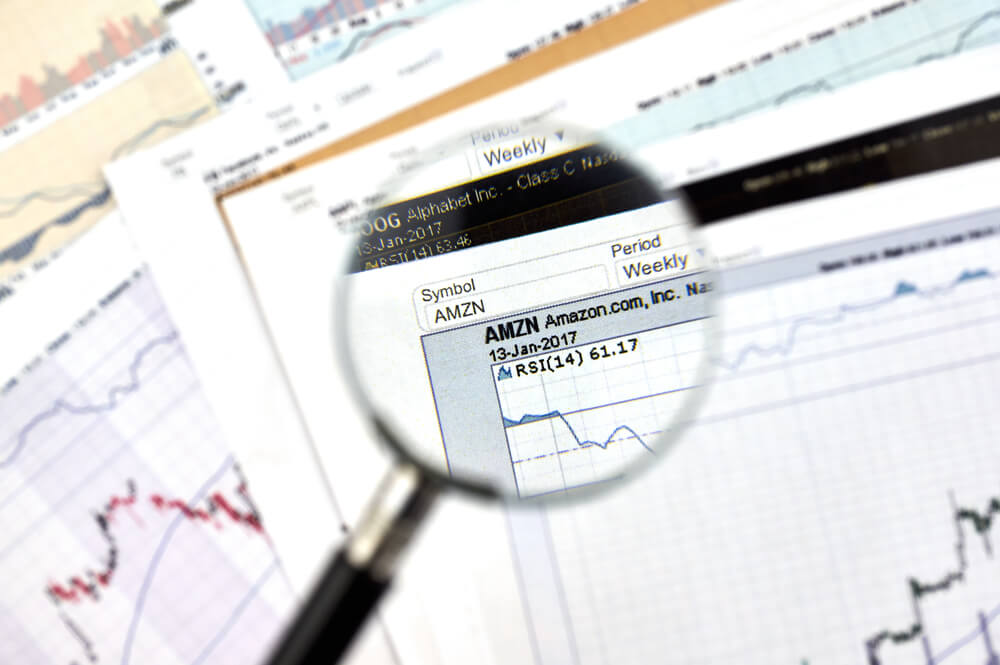ImpactAlpha, April 4 – Stock buybacks are back.
In the early days of the COVID disruption, it looked as if corporations might be shamed into investing excess cash into R&D, worker health and strengthened supply chains, rather than lavishing it on shareholders and goosing their stock price by buying back their own shares.
Many of the corporations that lined up for federal pandemic aid to stay afloat had squandered tens of billions from their Trump-era tax windfall on massive repurchase programs.
Instead, buybacks have come roaring back. S&P 500 companies hoovered up a record $882 billion of their own shares in 2021, and buybacks are on track to hit $1 trillion this year. Corporate share repurchases return surplus cash to investors and, by reducing outstanding shares, boost earnings per share.
President Biden’s proposed budget seeks to rein in the practice by limiting executive trading after corporate share repurchases. Executives sell on average five times as many shares in the eight days following a corporate share repurchase, according to SEC research.
“Excessive buybacks come at the expense of companies reinvesting, which can lead to greater productivity and growth,” tweeted the National Economic Council’s Bharat Ramamurti. “Rising buybacks payouts are tied to stagnant wages and lower levels of corporate investment – on top of lower returns.”
The new rules would prohibit executives from selling their own shares for a period of years after a buyback. “That ensures that executives will pursue buybacks only if they think it’s in the actual long-term interest of the company,” Ramamurti wrote.
Biden’s stalled Build Back Better plan took a different approach. It would levy a 1% tax on corporate buybacks (excluding those contributed to retirement accounts, pensions, and employee-stock ownership). Unlike dividends, another way of returning cash to shareholders, buybacks are not currently taxed.
Big Oil
Buybacks, which have been legal since the 1970s have become a crutch for executives looking to boost share price – and often their own compensation with incentives based on stock-market performance.
“The pressure on the executives to do buybacks is coming from hedge fund activists,” William Lazonick of the University of Massachusetts Lowell told CNN. “The problem is Carl Icahn, Daniel Loeb, Paul Singer, and Warren Buffett.” Lazonick has characterized the practice as “legalized looting.”
During the Covid pandemic, airlines and pharmaceutical companies were among those caught short after buyout binges. After supply chain issues led to severe chip shortages, Intel last year said it would focus on building new plants rather than buying back shares.
Amazon, which is facing a string of unionization drives at its warehouses, announced a $10 billion share buyback program last week, the largest in the retailer’s 25-year history.
For companies considering buyback, ImpactAlpha gathered better options for deploying their cash.
With energy and fuel prices surging amid Russia’s invasion of Ukraine, all eyes are now on oil and gas companies raking in record profits. Exxon said it would spent $10 billion on share buybacks just before announcing its best earnings in seven years.
“Big Oil is spending $44 billion in enriching their shareholders [through buybacks and dividends] at the same time that ordinary Americans are paying six bucks, seven bucks at the pump for gas,” said Representative Ro Khanna.
Rather than encouraging the oil companies to drill, Khanna is pushing a windfall profits tax.











